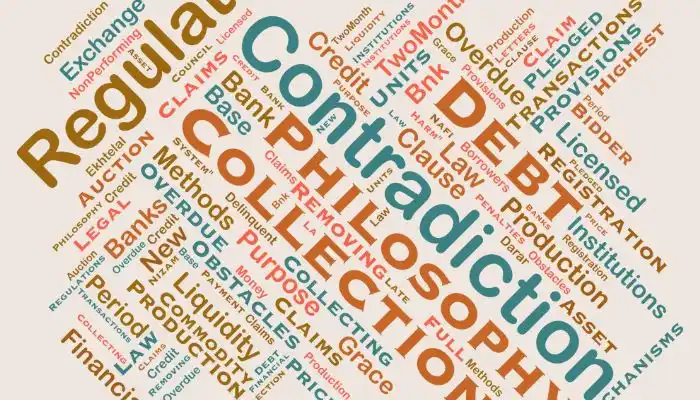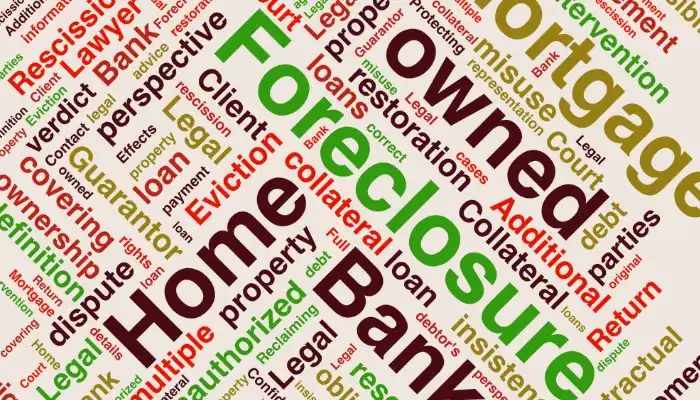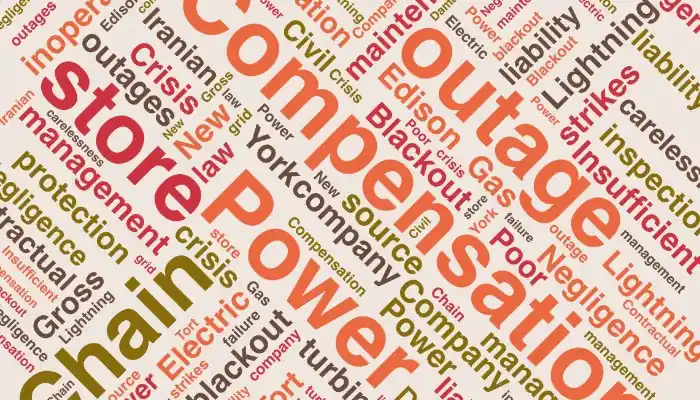As observed in Article 19 of the Law on Removing Obstacles to Competitive Production and Improving the Financial System of the Country, the purpose of this legislation is to assist in providing liquidity to production units of goods and services and to facilitate the collection of overdue bank claims. Clause (p) of this article establishes new methods for collecting overdue bank claims. According to this clause, the following text is added as Note (4) to the Single Article of the Law Amending Article (34) of the Amended Registration Law of 1972 and the Deletion of its Repeated Article (34) approved on 2008/11/18:
Note 4In order to facilitate the collection of overdue claims of banks or licensed financial or credit institutions, one of the following methods is implemented:
If requested by the indebted production unit, the lending bank or financial or credit institution will approach the over-the-counter market or an official judicial expert to appraise all assets and properties of the production unit. A tender is then held to determine which buyer, by accepting a lower percentage of shares of the indebted production unit, will pay off its entire debt. Upon the payment of the bank’s or financial institution’s claim by the buyer, the specified percentage of the production unit’s shares identified in the tender is transferred to the buyer, and the pledged assets are released…
Regarding the transactions of banks and licensed financial or credit institutions, if the pledged asset does not find a buyer at the base price determined by an official judicial expert agreed upon by both parties, a two-month grace period is given upon the creditor’s request, with a notice to the borrower and the pledgor, to either repay the bank or financial institution’s claim or redeem the pledged property by paying all or part of the bank’s claim up to the base auction price. If the claim is not settled within the specified period, the pledged asset will be sold to the highest bidder, provided that the bid is not less than seventy percent (70%) of the base auction price, and the creditor’s claim will be satisfied. If the pledged asset is not sold in the first auction, a repeat auction at the new expert appraisal price is permissible. If the value of the pledged asset exceeds the bank’s claim, the bank has the option to acquire the pledged asset, but it is not obligatory. If the full claim is not recovered through this method, the creditor retains the right to pursue the remaining claims through legal means. The use of commodity exchange mechanisms is prioritized in the implementation of this clause.
It is noteworthy that the aforementioned law was passed on 2015/02/2. However, the esteemed Money and Credit Council approved the bylaw for the collection of non-performing claims of credit institutions (foreign currency and rials) on 2015/09/1, approximately four months after the law was enacted. According to Article 11 of this bylaw, the credit institution is obliged to enforce the following measures on delinquent borrowers until the full settlement of all non-performing debts:
1. Collecting late payment penalties;
2. Denying any new credit facilities;
3. Refusing to issue letters of credit, except in cases where the customer provides a prepayment equivalent to one hundred percent (100%) of the letter of credit amount;
4. Withholding the issuance of checkbooks and opening new current accounts.
It appears that the provisions of this article contradict the philosophy, objectives, and stipulations of clause (p) of Article 19 of the Law on Removing Obstacles to Competitive Production and Enhancing the Financial System. Moreover, the enforcement of Article 11 of this bylaw alone has the potential to shut down and destroy the debtor’s production unit, as no healthy and professional swimmer can swim with their hands and feet tied. Therefore, in light of the Supreme Leader’s command to remove production obstacles and considering Article 40 of the Constitution and the Islamic jurisprudence principles of “No Harm” (La Darar) and “Non-Disruption of the System” (Nafi Ekhtelal Nizam), it is proposed that the following text be approved by the competent authorities:
If the provisions of clause (p) of Article 19 of the Law on Removing Obstacles to Competitive Production and Enhancing the Financial System are not feasible or do not yield results, the enforcement of the measures stated in Article 11 of the Executive Bylaw for the Collection of Non-Performing Claims of Credit Institutions (in both rial and foreign currency), approved on 1 September 2015, by the Money and Credit Council, is permissible provided that the value of the collateral held by the bank or credit institution does not exceed the legal debt of the borrower.





